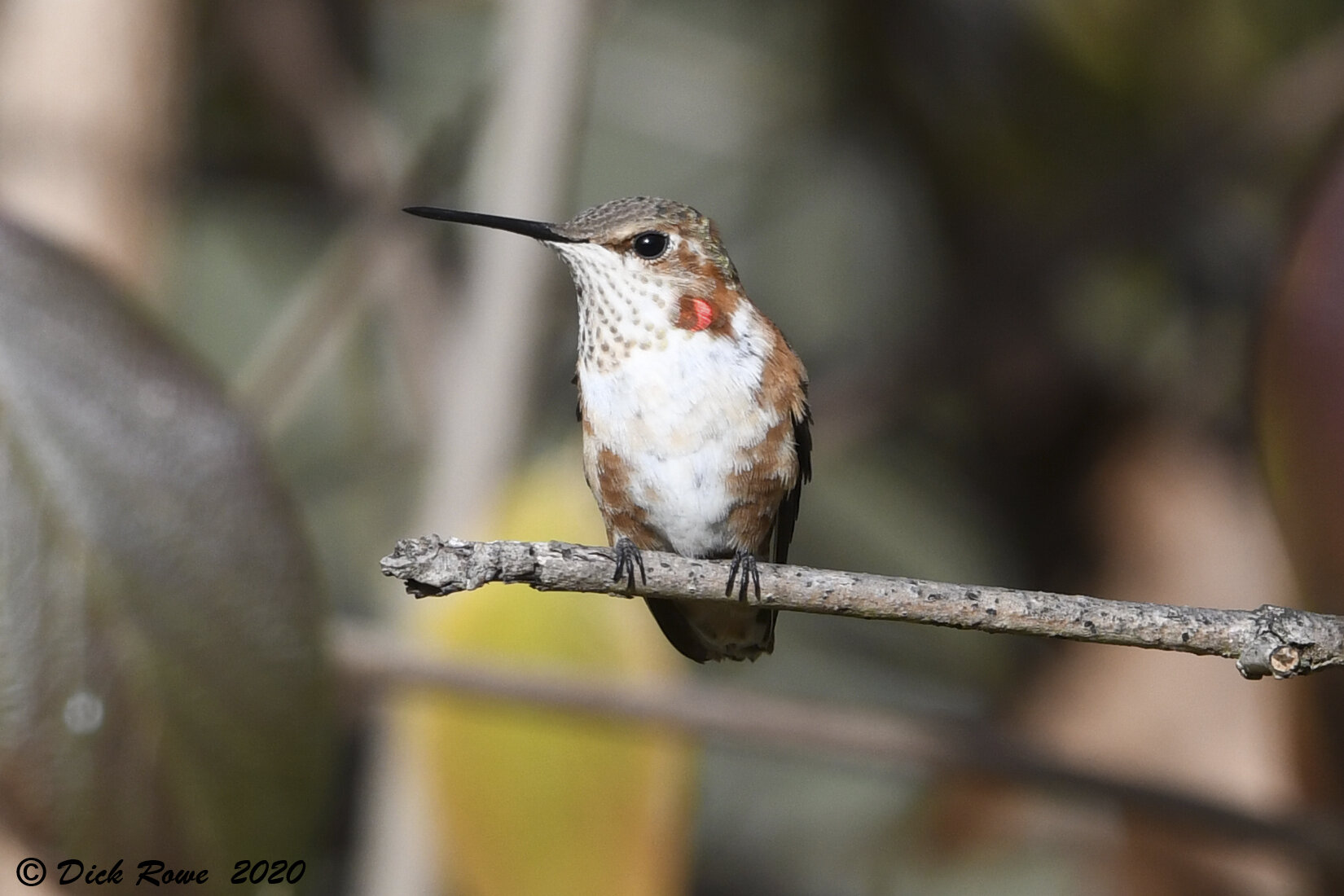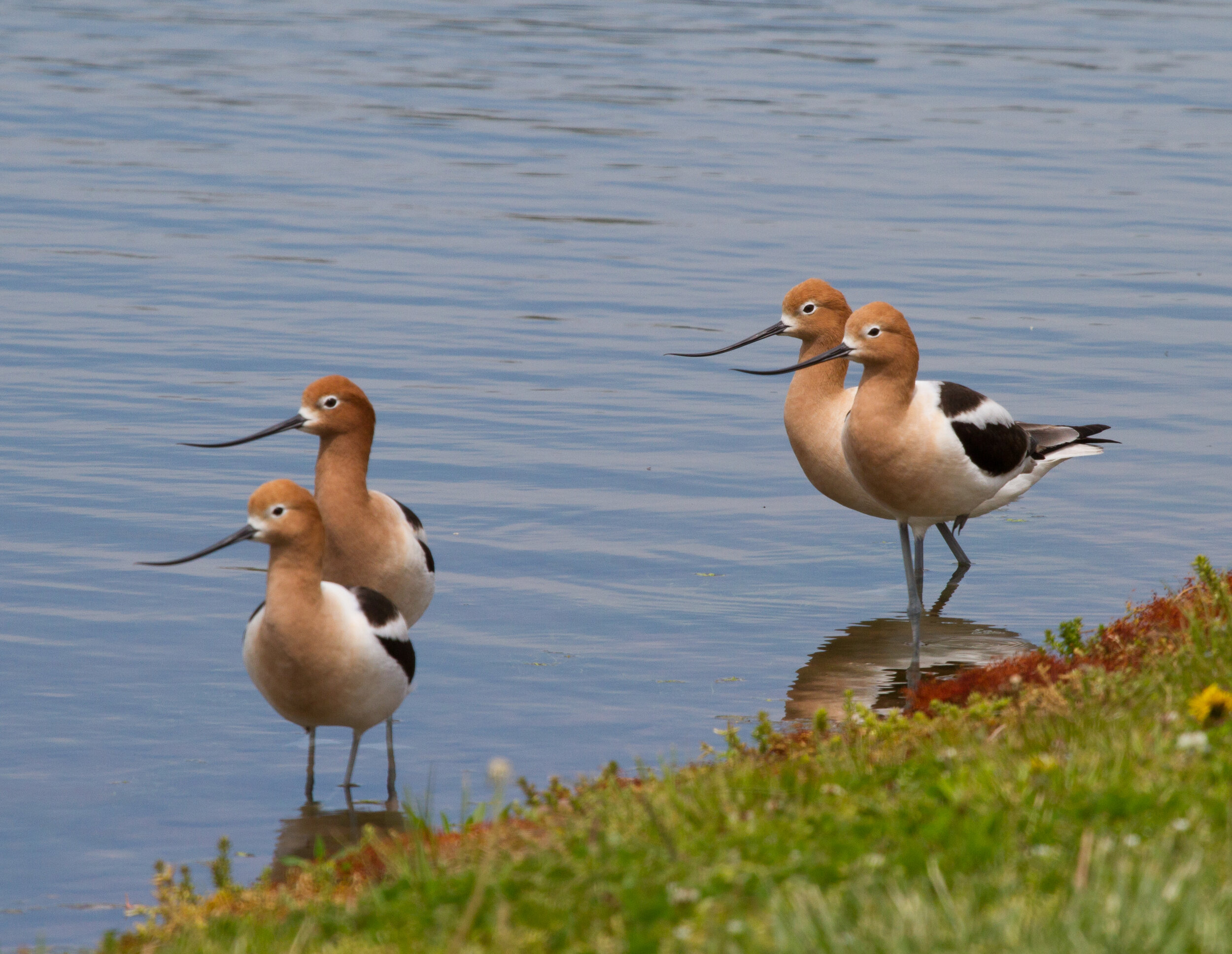
Diversity, Equity, and Inclusion
Photo: Rufous Hummingbird, Dick Rowe
Everyone deserves access to the joy of birding!
The VSO acknowledges that the following groups can face a variety of challenges and barriers to accessing and enjoying natural areas. To improve awareness of these issues, we have provided this list of resources so that we may all work together to create a more diverse, equitable, and inclusive birding community. WE NEED AND WELCOME ALL VOICES TO PROTECT AND PERPETUATE THE BIRDS WE ALL LOVE.
Please see also the VSO Outreach Grants described on the Grants and Scholarships page, https://www.virginiabirds.org/scholarships-grants
1. People with access challenges gain a life-affirming connection with nature through provision of access.
Photo: VA Dept. of Conservation and Recreation. Mason Neck State Park and several other state parks offer all-terrain wheelchairs. Check with each park for details.
Birdability - A nonprofit organization, Birdability works to ensure welcoming, inclusive, and safe access to the outdoors for people with mobility challenges, blindness/low vision, chronic illness, intellectual/developmental disabilities, mental illness, and those who are neurodivergent, deaf/hard of hearing or have other health concerns. The website includes info about access at many birding events and a crowd-sourced, worldwide Birdability Map in collaboration with the National Audubon Society.
Accessibility in Virginia Parks - Produced by the Virginia Department of Conservation and Recreation.Lists all state parks with information on accessibility.
Virginia Wheelchair Accessible Trails and Maps - Produced by the Rails to Trails Conservancy.
Virginia Accessible Easy Nature - Privately produced with details on federal, state, local, & miscellaneous locations in all states.
Diversity & Inclusion Webinar Series by Virginia Master Naturalists, Fall 2021 - Includes videos on Birdability and connecting diverse audiences to nature, and showcases leaders and events in Virginia and the region.
2. Birders who are Black, Indigenous, or People of Color (BIPOC) face historical and contemporary obstacles to birding.
The BlackAFinSTEM Collective - An acronym for Black African-Americans in Science, Technology, Engineering and Mathematics, the group supports Black STEM professionals in natural resource management and is the major organizer of the annual Black Birders Week (BBW), first held May 31-June 5, 2020. Find helpful suggestions for supporting BBW on their website.
Black Birders Week, June 4, 2022, Gloucester, VA A birding walk at Beaverdam Park sponsored by the Gloucester Branch of the NAACP, the Middle Peninsula Master Naturalists and the Middle Peninsula Bird Club. This first-of-a-kind collaboration is a model for VSO member clubs and an inspiration for efforts toward greater inclusivity.
Black and Latin/Hispanic Bird & Nature Walk, Upton Hill Park, Oct. 30 and Nov. 6, 2021 Northern Virginia Regional Parks and Arlington NAACP are resuming their nature walk in collaboration with Audubon Society of Northern Virginia (ASNV) and Arlington Regional Master Naturalists. Check with one or more of these groups for future plans.
“A Black Birder’s Ramble Through the Thicket of Opinion” By J. Drew Lanham. Bird Conservation, Winter, 2020-21. A different perspective for those who think race is “too political” to bring into birding conversations.
English Bird Names - Throughout the birding landscape, there is a shared goal of creating a more inclusive and welcoming community of people who engage in the observation, conservation, and study of birds. To that end, there has been a movement to give Bird Names for Birds, rather than honorific names that may be harmful or exclusionary. On November 1, 2023, The American Ornithological Society (AOS) announced that it will change all English bird names currently named after people within its geographic jurisdiction. English Bird Names is the AOS's blog charting the progress on this topic.
Photo of Corina Newsome taken by Katherine Arntzen/ Georgia Southern University
“It's Time to Build a Truly Inclusive Outdoors.” By Corina Newsome. Audubon Magazine, Summer 2020. Corina Newsome was studying MacGillivray’s Seaside Sparrow in 2020 just down the street from where Ahmaud Arbery was murdered in South Carolina. “How dare we bring race into birding?” she dares to ask. She is also a lead organizer of Black Birders Week.
National Wildlife Federation. Safe Spaces Initiative. Partnering with Outdoor Afro, The Links, Inc., Patagonia, and Black AF in STEM, the NWF created a series of webinars to examine the challenges faced by Black people in safely accessing outdoor green spaces.
3. Women and LGBTQIA Birders (Lesbians, Gay, Bisexual, Trans, Queer/Questioning, Intersex, Asexual) are especially vulnerable in remote places.
"Field Inclusive: A Small Nonprofit Aims to Make Fieldwork Safe for All." By Rebecca Heisman. Living Bird Magazine, Autumn 2024, p. 24-27. Founded by two Black graduate students, Field Inclusive is working to raise awareness of the risks that minority scientists face when they go into the field.
Audubon Society of Northern Virginia Celebrating Pride Month, May, 2022 - “Everyone is welcome at our events, regardless of who you love or how you identify. Let’s go birding together!” Check with this organization for plans for future Pride walks.
Queer Birders of North America - A private Facebook group of over 1,000 members formed to facilitate communication and host events for LGBTQ+ birders and their allies.
Feminist Bird Club - A group that partners with others to make birding and the outdoors more inclusive and to help create lasting change. The newest chapter formed in Richmond, Virginia, in 2022.
Check VSO’s Calendar of Events and join us! You will be welcomed!

Join the best birding community around
Your support helps VSO to promote awareness and enjoyment of Virginia’s birds and bolsters our conservation efforts across the state.
Photo: American Avocets, Diane Lepkowski


